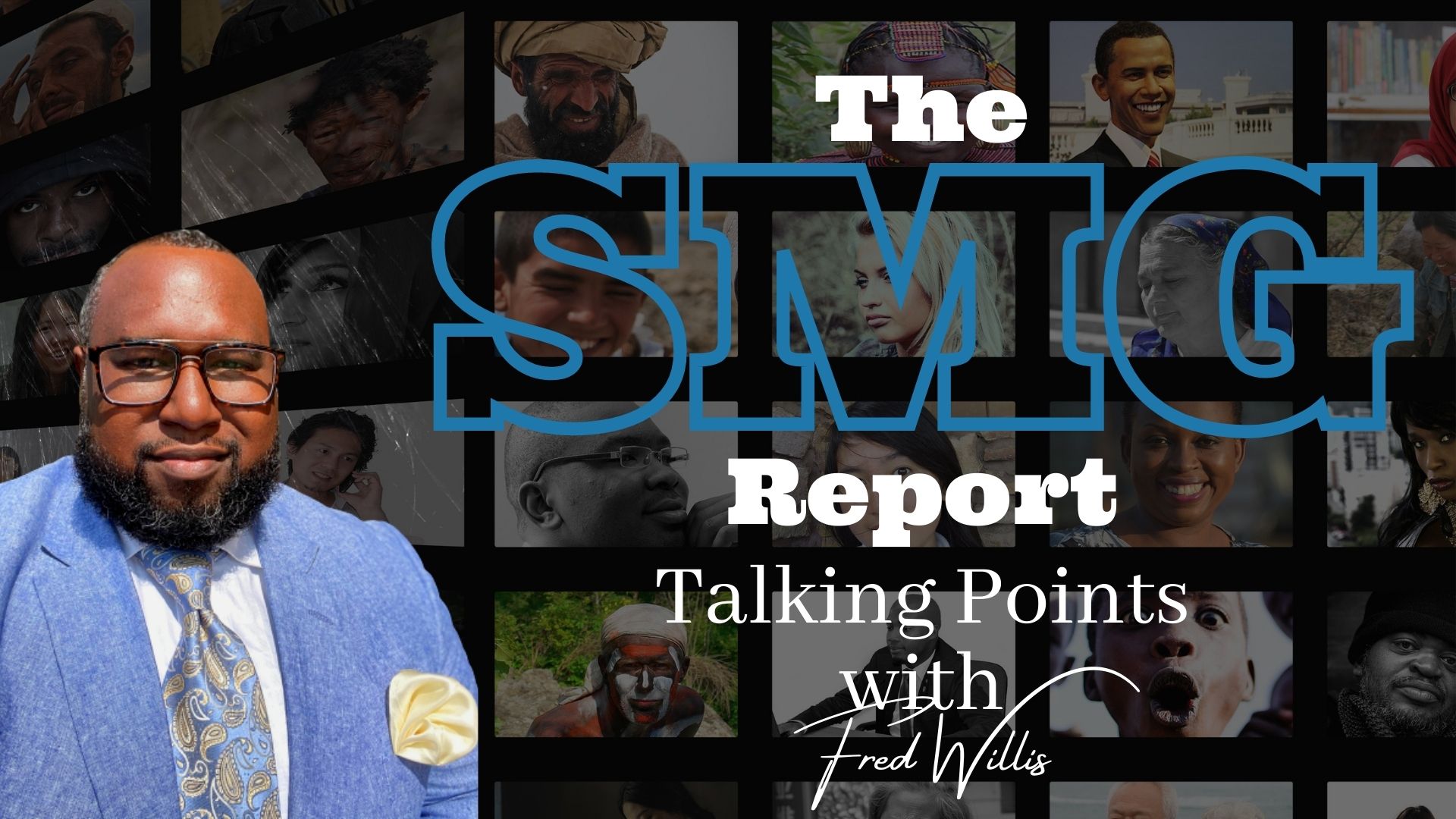As a somewhat young man, this feels like an out of place conversation to have. Most of the people I know who proudly consider themselves a “person of color” are my mother’s age and older. People my age (Xennials) consider it a part of life we deal with, like cards dealt in a bad hand. I sat and watched two brilliant women dialogue about their careers last week and I was stunned to hear them refer to themselves as women of color. In truth, they are but why does the designation “of color” still exist?

These two women boast a most impressive resume and as they recounted some of their life’s highest achievements, the designation that they’d done so as a woman of color was striking, then as I sat there, it was as if I felt each blow. People are amazing, we do amazing things. We accomplish amazing feats but why marvel at the fact that it was done by a “person of color?” This suggests a few things that we have to face. Firstly, it suggests that the person in question has defied some odds to do what they’ve done. Secondly, it suggests that odds are somehow in place to prevent their achievement and lastly, it suggests that there is no expectation that they would be able achieve the accomplishment in question.
That’s part of the black, minority, colored, black or person of color experience in America. Did you know that the designation “of color” reaches beyond skin tones? This goes beyond the remnants of the Jim Crow South and its many lingering effects. Many Latino and Asians are also considered people of color. What’s interesting to see is not only the usage of the term, but its application, also. For some, the designation “of color” is used when convenient and for others, the designation is always placed with almost no chance of consideration otherwise.
What does the term “of color” mean to you?
I don’t refer to myself as a person of color because I don’t want to be seen as such. My heritage is much more complex than the lazy designation. My heritage boasts African, Chinese, Native American roots, to name a few. Sure, those people are considered “of color”, but they’re more than that but this designation doesn’t allow the general populous to just see me and therein lies our problem. As with every person of color, there’s more them than their skin tone, hair texture or eye shape. It’s time we get to know them. It’s time the world get to know the people designated, “of color.”
You’ll find that we don’t all like the same thing, don’t eat the same thing, don’t listen to the same music go to the same church, believe in the same higher power or watch the same shows. We are not a mere monolith hidden in the fabric of this country. You may even discover once and for all, it was our contributions in this country that wove together the great tapestry admired the world over.
Join the conversation and let me know what “of color” means to you. I anticipate a robust conversation about this based on our varied lived experiences. For some, the term is innocuous. Others may find the terms derogatory and others may have a neutral stance. Think you have a better way to identify non-White Americans? Either way, I want to hear from you. Lend your voice and complete this questionnaire.

